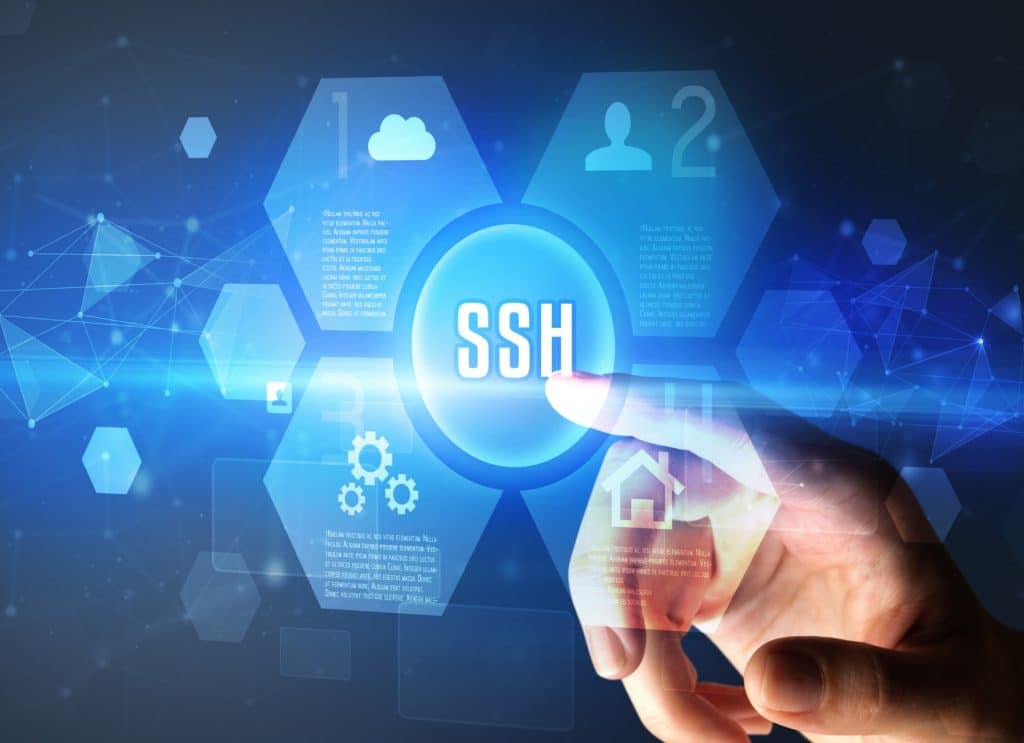SSH Essentials: Working with SSH Servers, Clients and Keys
With Secure Shell (SSH), you can securely access and manage remote systems. This guide explains the key concepts and best practices for working with SSH servers, clients, and keys.
SSH (Secure Shell) is a widely used network protocol that enables encrypted data transmission and secure remote administration. It allows users to control remote systems safely over insecure networks — a fundamental tool for developers, administrators, and DevOps engineers.
SSH Server and Client: The Basics
To establish an SSH connection, you need an SSH server on the host system and an SSH client on your local machine. The server provides access, while the client sends commands and manages communication.
Most Linux and Unix systems include SSH by default. One of the most popular implementations is OpenSSH, known for its robustness and stability. On Windows, tools such as PuTTY can be installed to provide the same functionality. Once configured, you can securely connect to your server via the command line using ssh user@hostname.
SSH Keys: More Security and Convenience
Instead of relying on passwords, SSH keys provide a more secure and convenient authentication method. Each key pair consists of a private key (stored locally) and a public key (stored on the server). To generate them, use:
ssh-keygenThis command creates both keys inside the ~/.ssh/ directory. It’s recommended to protect the private key with a passphrase. The public key can then be added to the remote system using:
ssh-copy-id user@hostnameAfterward, you can log in securely without entering your password each time — ideal for automated processes or frequent server access.
SSH Agent: Managing Multiple Keys
If you manage multiple servers, the SSH Agent simplifies your workflow. It stores private keys securely in memory and automatically provides them to your SSH client when needed. You only need to enter your passphrase once per session and can then connect to different hosts seamlessly.
Key Takeaway: Secure Remote Access through Strong Key Management
SSH is indispensable for anyone who manages remote systems. With proper configuration and key-based authentication, it offers both maximum security and efficiency. The SSH Agent further improves usability, ensuring fast, secure logins without repeated authentication.
Always protect your private keys, use strong passphrases, and keep your SSH software up to date. This ensures safe, reliable access across all your managed environments.
For advanced protection of your remote connections, explore centron’s Managed Firewall solutions and cProtect ransomware defense.


